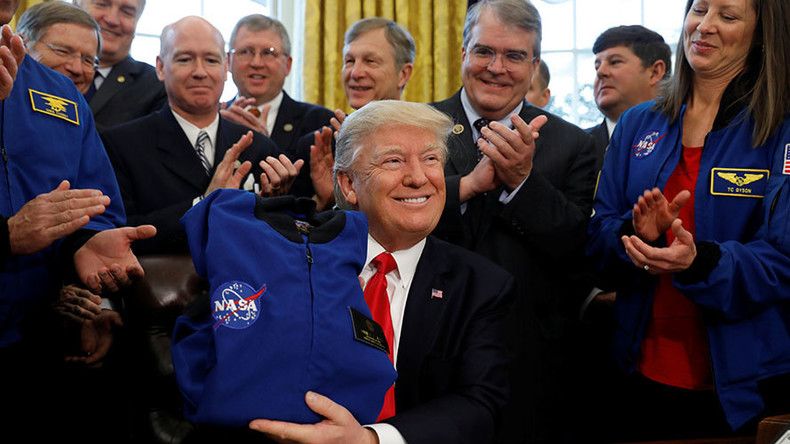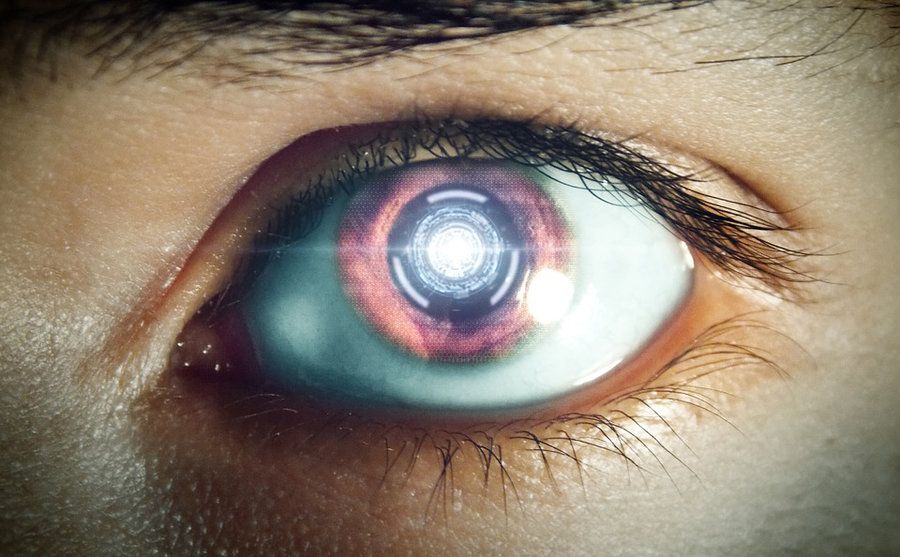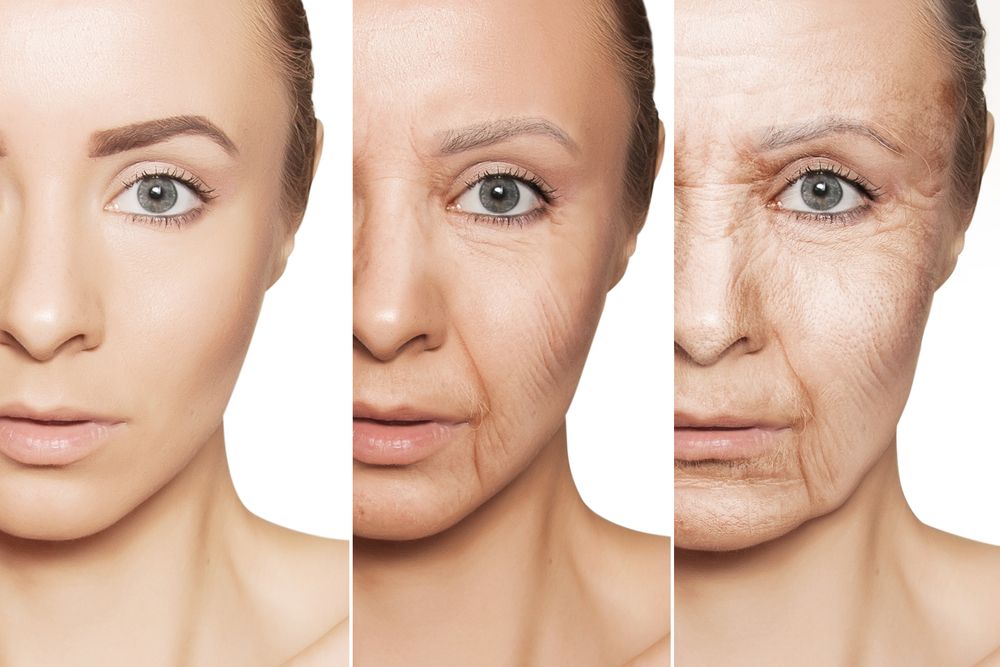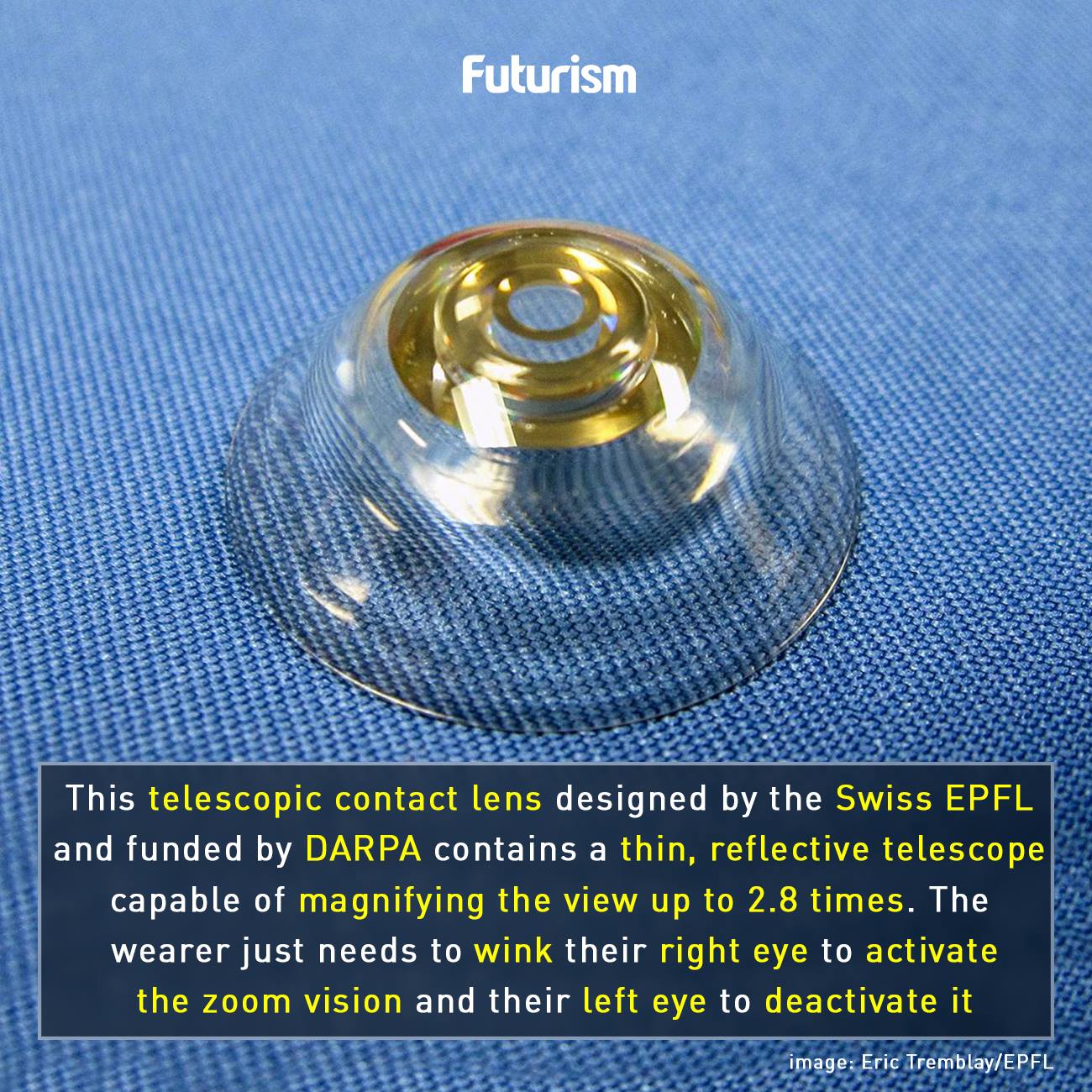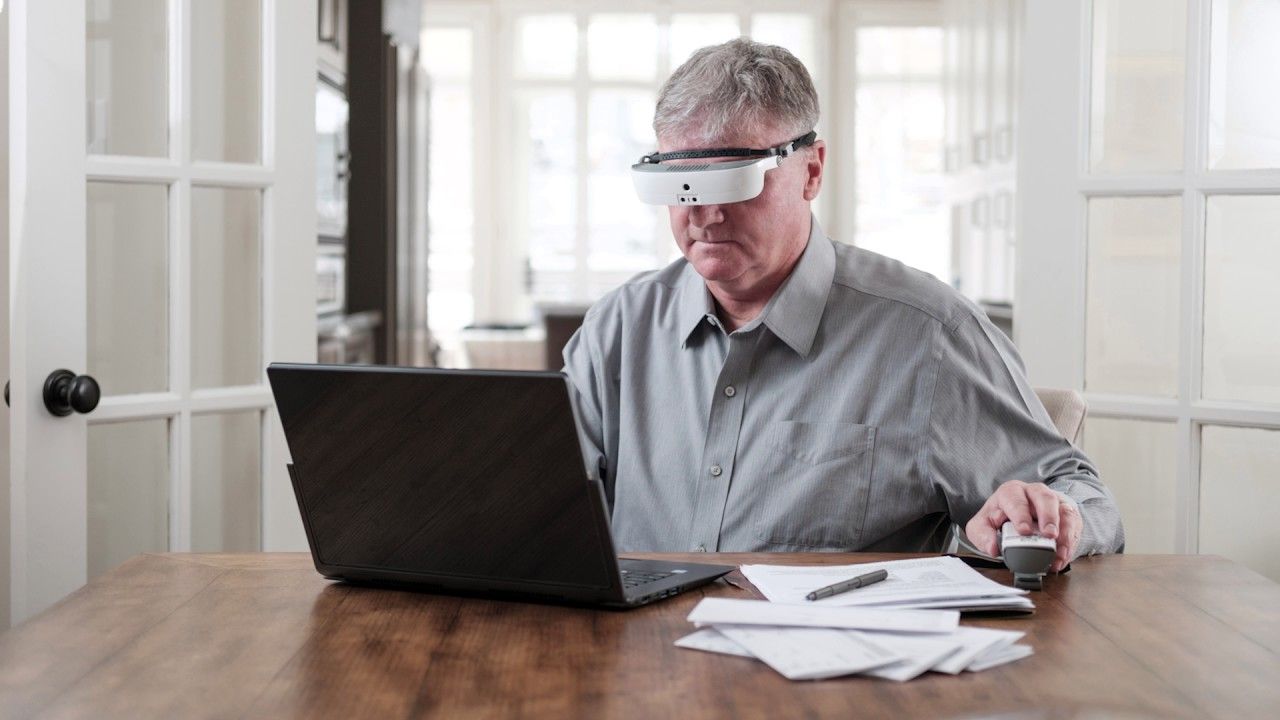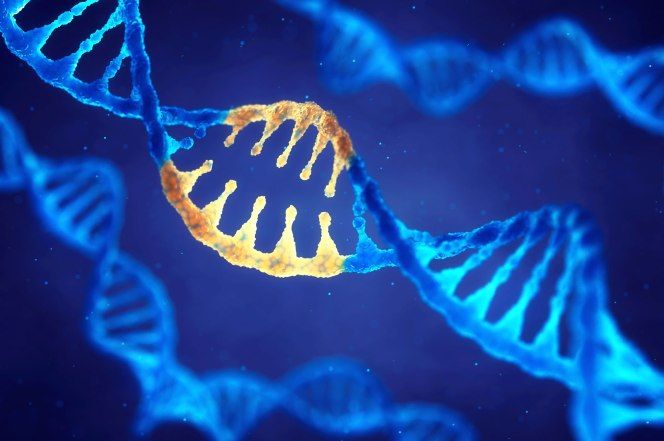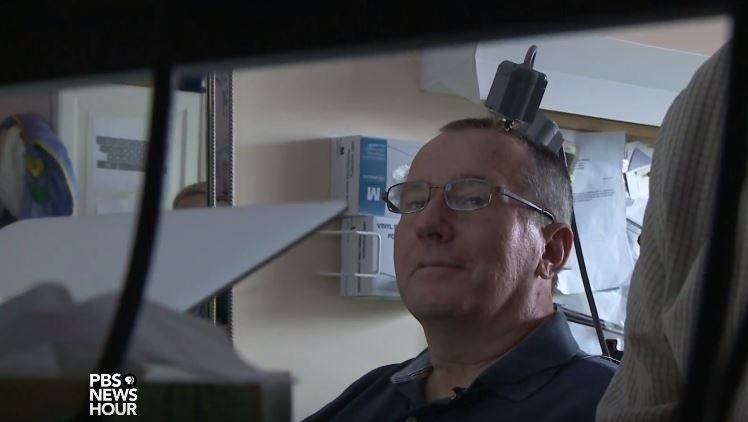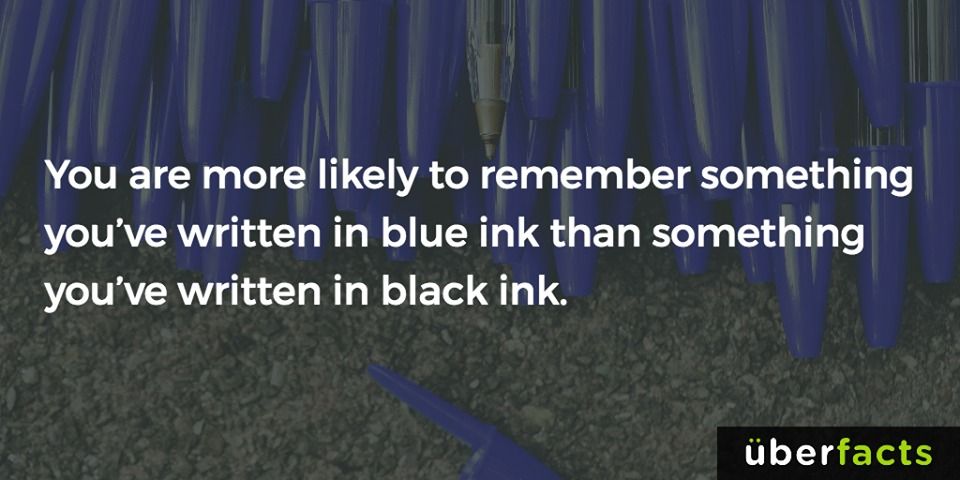Mar 22, 2017
Trump signs NASA funding bill to send astronauts to Mars
Posted by Dan Kummer in categories: biotech/medical, government, space travel
President Donald Trump has signed a bill authorizing $19.5 billion in funding for NASA, which includes an increased focus on deep space exploration and a new goal of a manned mission to Mars.
The NASA Transition Authorization Act of 2017, or S. 442, provides funding for fiscal year 2018, which begins October 1. It specifically appropriates money for NASA’s deep space exploration, including the Space Launch System and the Orion spacecraft, as well as for the ongoing medical monitoring and treatment of astronauts. It builds on the current public-private partnership for space, with commercial companies transporting American astronauts to the International Space Station (ISS) and NASA focusing on deep space and the mission to Mars.
